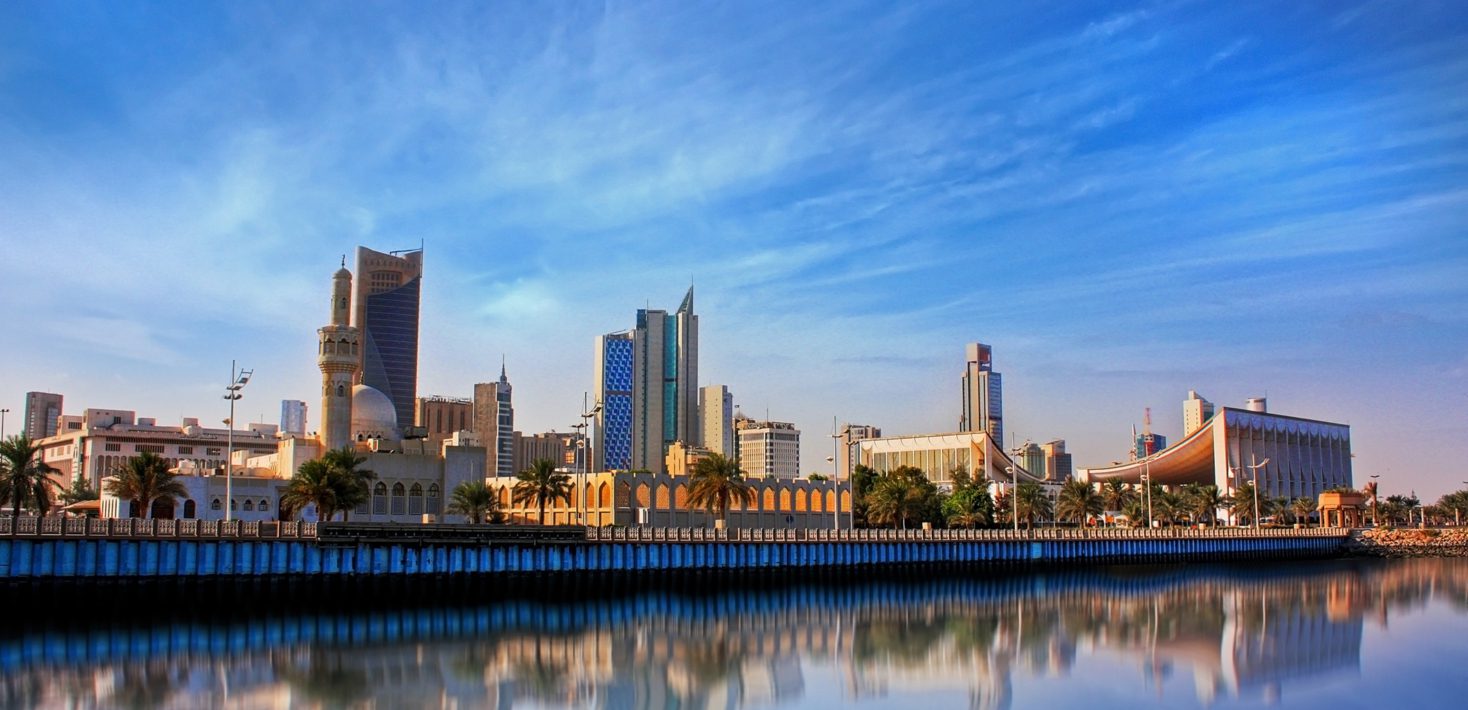The Kuwaiti authorities have been escalating the repression of critics throughout 2024, by prosecuting and imposing prison sentences on individuals solely based on their speeches or writings, and stripping people of their nationality, Amnesty International said today.
Over the past six months, Kuwaiti authorities arbitrarily imprisoned at least seven people for publicly voicing their views and opinions, stripped Kuwaiti nationality from at least nine individuals, and prosecuted a parliamentary candidate for criticizing the system of government. This wave of repression was accompanied by Emir Meshal Al Sabah’s decision on 10 May 2024 to dissolve the newly elected parliament and suspend parliamentary government and elections for up to four years.
“The spike in prosecutions of activists, human rights defenders and parliamentarians because of their critical statements about the government demonstrates that the Kuwaiti authorities are escalating the clampdown on human rights, including the right to freedom of expression,” said Devin Kenney, Amnesty International’s Researcher on Kuwait.
“Kuwaiti authorities must immediately end this chilling wave of repression. No one should face prosecution or imprisonment simply for criticizing the government. The authorities must immediately release all those detained solely for peacefully exercising their human rights and drop the charges against them.”
Kuwaiti authorities must immediately end this chilling wave of repression. No one should face prosecution or imprisonment simply for criticizing the government
Devin Kenney, Researcher on Kuwait
Summons and prison sentences
On 25 January 2024, a Kuwaiti court sentenced Anwar Hayati to four years in prison under the State Security Law, because of online comments that authorities considered insulting to the Emir and to Saudi Arabia. The charges were based on seven social media posts on X (formerly Twitter), in which he said that the royal family had stolen public money and mentioned the historical fact that Kuwait had been attacked from Saudi territory in 1920. The authorities refused to give his lawyer the indictment and the casefile during the trial.
Anwar Hayati had been summoned previously in September 2023 by the Office of Public Prosecution following a complaint from the State Security Apparatus that he had disrespected the royal family. He left the country on the same day and has been residing in exile in Europe since then.
On 31 January 2024, a Kuwaiti court sentenced stateless activist Mohammad al-Bargash to three years in prison for criticizing government policies towards Kuwait’s stateless population, the Bidun. Earlier, in August 2022, Mohammed was given a fine and a one-year prison sentence for organizing a series of peaceful sit-ins for Bidun rights. These prosecutions violate his rights to freedom of expression and peaceful assembly. Amnesty International considers Mohammad al-Bargash a prisoner of conscience and has called repeatedly on Kuwaiti authorities to immediately and unconditionally release him.
On 19 February 2024, a Kuwaiti court sentenced activist Abdullah Fairouz and Fuhaid al-Ajami, editor in chief of Kuwaiti media venture TfTeeeSH, to five years in prison in a “state security case” over statements Abdullah Fairouz made in an interview with TfTeeeSH in 2022. In the interview, which has been removed from the Internet, Abdullah claimed that Kuwait’s Ministry of Interior had worked with an Israeli company in violation of Kuwaiti law. Authorities arrested Abdullah on 29 January 2024 and the trial court ordered that he be deported from Kuwait upon release from prison, because he has a Kuwaiti father and an Egyptian mother. Abdullah was previously imprisoned from 4 November 2013 to 22 September 2021 for online comments critical of the Emir.
Fuhaid al-Ajami was sentenced to prison in the same case, though an appellate court reversed his conviction and released him at the start of June, after three months in prison. The appellate court also reduced Abdullah Fairouz’s prison sentence to three years.
Decrees to denaturalize
Kuwait’s Emir issued in 2024 three decrees denaturalizing (stripping the nationality of) at least nine Kuwaiti men, in addition to the children and wives of four of the men. The orders fail to mention the reason behind their denaturalization. At least one of those denaturalized has criticized Kuwait and other Arab Gulf governments online, and at least three appear to have been granted nationality within the past two decades.“The Kuwaiti authorities continue to treat nationality as a privilege that they arbitrarily dispense or deny to Kuwaitis based on their political opinions,” said Devin Kenney.
“The right to nationality is a very basic human right, and failure to respect and ensure it can wreak havoc on people’s lives, as Kuwait’s native stateless population the Bidun know all too well.”
Parliamentarians prosecuted
Since the Emir suspended parliament on 10 May 2024, Kuwaiti authorities have launched prosecutions against five Kuwaiti politicians, all on charges of criticizing Kuwait’s system of governance.
In one case, on 22 May 2024 a Kuwaiti court sentenced parliamentary candidate Mesaed al-Quraifah to four years in prison for criticizing Kuwait’s government and the Al Sabah family’s involvement in politics in an electoral speech.
This is the third time in the state of Kuwait’s history that the Emir has eliminated parliamentary government. The other two periods were from 1976 to 1981 and from 1986 to 1992. In his latest order, the Emir dissolved both the National Assembly – which had just been elected in early April and was due to meet for the first time on 14 May – and suspended articles of the constitution which require an elected legislative assembly. The order states that this suspension may remain in effect for up to four years.


